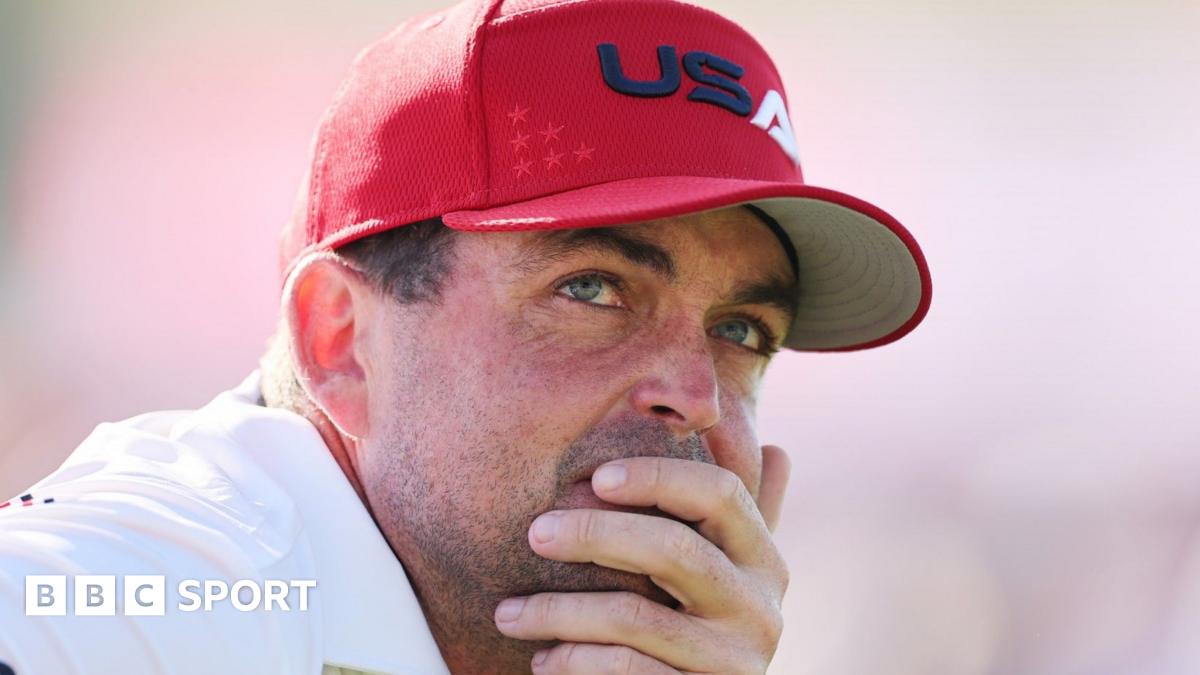Ryder Cup: Shocking US Shortcomings Exposed
The 2025 Ryder Cup at Bethpage Black laid bare the shocking US shortcomings in golf’s fiercest team competition. Despite a spirited Sunday singles rally, Team USA fell 15-13 to a dominant Europe, revealing deep flaws in strategy, preparation, and unity. Under captain Keegan Bradley, the Americans’ late surge masked persistent issues that allowed Europe, led by Luke Donald, to secure a historic fifth away win since 1985. This Ryder Cup exposed why the US continues to lag, offering lessons in what it takes to compete in this iconic showdown.
Europe’s Unbreakable Bond Fuels Ryder Cup Success
Europe’s triumph stemmed from a team-first ethos the US couldn’t match. Donald’s squad, entering Sunday with an 11½-4½ lead, showcased unity forged through meticulous planning. Their dominance in foursomes and fourballs—winning 6-2 in the former—reflected a culture prioritizing collective strength over individual brilliance. Players like Rory McIlroy and Jon Rahm thrived in pairings, their synergy overwhelming American defenses.
In contrast, Bradley’s leadership leaned heavily on personal passion, drawing from his own Ryder Cup narrative. His opening speech, while emotional, lacked the “we” focus Donald instilled. The US faced distractions, like speculation over Bradley’s playing status, which diluted focus. Europe’s support staff, including strategists like Paul McGinley and data guru Edoardo Molinari, outclassed the US’s less experienced vice-captains, Kevin Kisner and Gary Woodland. This preparation gap set the tone, exposing the US’s shortcomings in building a cohesive Ryder Cup machine.
Strategic Missteps Undermine the US
The US’s course setup at Bethpage Black backfired, highlighting their Ryder Cup shortcomings. Bradley aimed for short rough and slick greens to favor power players, but soft conditions played into Europe’s hands. “I made a mistake,” Bradley admitted post-match. “The course setup didn’t suit us.” Europe’s precision golfers, like McIlroy and Matt Fitzpatrick, capitalized, especially in foursomes, flipping a format where the US typically excels.
Europe’s strategic edge extended to pairings. Donald’s data-driven approach, backed by Molinari’s analytics, crafted lethal duos like McIlroy-Rahm. The US, relying on instinct over insight, struggled to match this precision. By Saturday, Europe’s lead was near-insurmountable, rendering the US’s 7½-4½ singles win a mere consolation. This miscalculation underscored a broader lack of foresight, a recurring flaw in recent US Ryder Cup campaigns.
Europe Thrives in Bethpage’s Cauldron
Bethpage’s raucous crowds created a hostile environment, yet Europe’s resilience shone. Robert MacIntyre called it “carnage” but praised his team’s focus. “Luke tells you to jump, you ask ‘how high?’” he said, reflecting Europe’s disciplined culture. From McIlroy’s fiery leadership to MacIntyre’s clutch contributions, Europe embraced the pressure, turning hostility into motivation.
The US, however, struggled to harness their home advantage. Bradley’s bold rhetoric—recalling his 2022 Presidents Cup outburst—fueled Europe’s resolve but failed to unify his squad. American players, dominant in individual formats like the Presidents Cup, faltered in the Ryder Cup’s team dynamic. This inability to adapt, coupled with inconsistent leadership transitions, left the US exposed, unable to counter Europe’s synchronized approach.
Lessons for the US Ryder Cup Future
The US’s Ryder Cup shortcomings demand urgent reflection. Europe’s success—built on analytics, experienced leadership, and unity—offers a blueprint. The US must invest in strategic depth, leveraging data and seasoned vice-captains like Europe’s McGinley or Bjørn. Players like Scottie Scheffler showed flashes of brilliance, but without a cohesive system, their talent fell short. The 10-point swing over two days, not the final score, tells the true story of America’s struggles.
Looking ahead to 2027 at Adare Manor, the US must address these gaps. Cultivating a team-first mentality, refining course setups, and embracing analytics could close the divide. Until then, Europe’s dominance persists, their “band of brothers” ethos a stark contrast to America’s individualistic approach.
In conclusion, the 2025 Ryder Cup exposed shocking US shortcomings, from strategic errors to a lack of unity. Europe’s victory, driven by Donald’s leadership and a collective spirit, reaffirmed their Ryder Cup mastery. As the US reflects, this loss could spark the changes needed to reclaim the trophy, making the next chapter eagerly anticipated.
